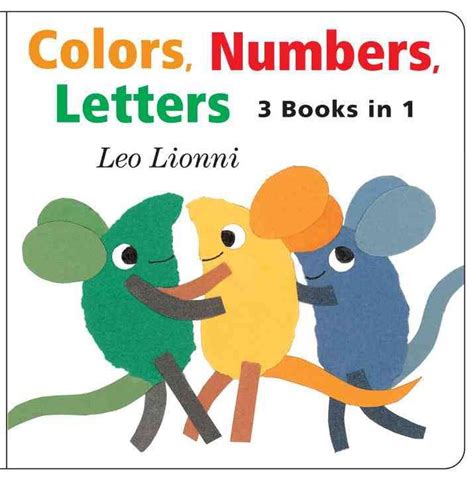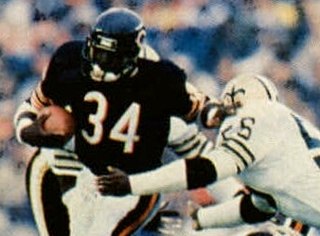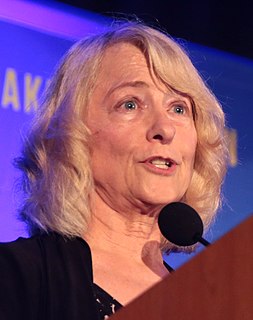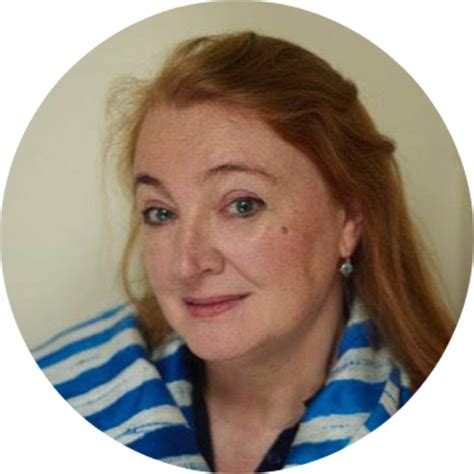A Quote by Leo Lionni
I believe that a good children's book should appeal to all people who have not completely lost their original joy and wonder in life. The fact is that I don't make books for children at all. I make them for that part of us, of myself and of my friends, which has never changed, which is still a child.
Related Quotes
People often say that you should never work with child actors. I think that's all wrong. Children have not had the imagination kicked out of them by life experience and adulthood. So, they still are very much alive with that kind of magical thinking which enables an actor to believe they're in these circumstances and make them real to you.
I wish that the adults who are 'in power' cared more about what their children read. Books are incredibly powerful when we are young - the books I read as a child have stayed with me my entire life - and yet, the people who write about books, for the most part, completely ignore children's literature.
I think that people all grow up and have their same personalities, but you can say, "Oh, I can see the roots of this personality, which I didn't like, but then you grew up, and I can still see you as that person, but I do really like you now." Which is sort of how I feel about children - I mean, about children who I knew when I was a child and grew up with, and they're still my friends, and children that I know as children who I see growing up, and every year I like them more.
Children have always brought a tremendous amount of joy to me and I feel that if you can catch them at a young age you can really change a life. There are a lot of studies that show that one act of kindness to these children has a 40% chance of making that child have a completely different outcome in their life. What you hope is that you can get a kid to believe in something and to believe in themselves.
Children who willingly participate in sexual acts have the right to make that decision as well, even if it's distasteful to us personally. Some children will make poor choices just as some adults do in smoking and drinking to excess; this is part of life. When we outlaw child pornography, the prices paid for child performers rise, increasing the incentives for parents to use children against their will.
I'm always loath to make generalizations about what is for children and what isn't. Certainly children's literature as a genre has some restrictions, so certain things will never pop up in a Snicket book. But I didn't know anything about writing for children when I started - this is the theme of naïveté creeping up on us once more - and I sort of still don't, and I'm happy that adults are reading them as well as children.
I don't change the language for children books. I don't make the language simpler. I use words that they might have to look up in the dictionary. The books are shorter, but there's just not that much difference other than that to be honest. And the funny thing is, I have adult writer friends [to whom I would say], "Would you think of writing a children's book?" and they go, "No, God, I wouldn't know how." They're quite intimidated by the concept of it. And when I say to children's books writers, would they write an adult book, they say no because they think they're too good for it.
I've heard people ask, What's so sacred about a classic books that you can't change it for the modern child? Nothing is sacred about a classic. What makes a classic is the life that has accrued to it from generation after generation of children. Children give life to these books. Some books which you could hardly bear to read are, for children, classic.
Friends serve central functions for children that parents do not, and they play a critical role in shaping children's social skills and their sense of identity. . . . The difference between a child with close friendships and a child who wants to make friends but is unable to can be the difference between a child who is happy and a child who is distressed in one large area of life.
If the book we are reading does not wake us, as with a fist hammering on our skull, why then do we read? So that it shall make us happy? Good God, we should also be happy if we had no books, and such books as make us happy we could, if need be, write ourselves. But what we must have are those books which come upon us like ill fortune, and distress us deeply, like the death of one we love better than ourselves; like suicide. A book must be an ice-axe to break the sea frozen inside us.
I think that education today is a form of child abuse. The natural tendency of children is to solve problems, but we try to indoctrinate them with facts, which they are supposed to feed back, and then we fail them. And that's child abuse. And you should never raise children that way. You should cultivate and encourage their natural tendencies to create solutions to the problems around them.
I had been in a place where I was letting too many people dictate who I should be and what I should be, and I was trying to make everybody happy to the point where it was just killing me. I'd completely lost myself. It's kind of funny now that people think I've completely changed myself for Marilyn Manson, when this is actually the first time in my life that I took a stand and said, "This is who I am and this is who I've always wanted to be, and I'm finally with somebody who lets me be who I want to be."



































